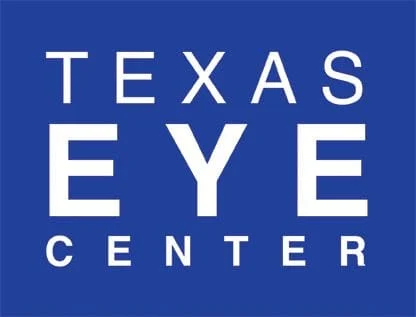What is vision insurance used for in your office?
Vision insurance is usually an insurance that is made available to you through your employer or your major medical insurance. Its purpose is to give you the opportunity to obtain eye exams, glasses or contact lenses at a reduced price. Vision insurance usually gives benefits for an eye exam and glasses or contact lenses. Usually it does not give a benefit for both glasses and contacts, so the patient must choose which one to use the benefits for. You can still purchase both if you like and usually there is a discount through the insurance for the other service.
What is medical insurance used for in your office?
Your medical insurance is usually an insurance that is made available to you for eye exams or medical eye care. Sometimes the medical insurance will give you benefits for a routine vision exam and for medical eye care. Medical eye care includes red eyes, eye injuries, eye infections, glaucoma, diabetes, dry eyes, allergies, etc. Medical insurances don't usually give benefits for glasses or contacts, but some of them do give a discount plan as a supplemental vision benefit.
Can I get my insurance benefits checked before my appointment?
Our staff tries their best to get as much information from you as they can when making your initial appointment, so they can have a better chance of verifying both your medical and vision insurances. We try to fully understand both of your plans to better explain your benefits to you. This is a courtesy that we perform for our patients to make their visit as pleasant as possible. We will bill your insurance on your behalf as a courtesy to you, but you are still responsible for the portion your insurance does not pay. We do our best to give you all of the details that your insurance has given us before your examination begins.
Does my medical insurance cover screening tests that check for eye diseases?
During your routine vision examination at our office you will be given the opportunity to screen your eyes for different internal and external eye conditions. We screen for dry eye with the Tear Lab. We screen the retina and optic nerve with retinal photography, visual fields and the OCT. All three of these tests can give us information that could lead to the diagnosis of glaucoma, diabetic retinopathy, macular degeneration, hypertensive retinopathy, choroidal melanomas (tumors), etc. These tests are screening tools and therefore not covered under your medical insurance and will be an out of pocket expense. The tests are very important and have lead to countless diseases being diagnosed during a routine vision examination. If you are screened and found to have signs of an eye condition you will be scheduled at a later date for a more detailed office visit concentrating on testing for that condition and this visit will be covered under the guidelines of your medical insurance plan.
What is the difference between a vision exam and a contact lens exam?
A routine vision examination is a visit in which we check the basic functions of your eyes. Your visual acuity both far and near, eye movements, eye alignment, peripheral vision and basic external and internal ocular health. The most popular part of the vision exam is the refraction, in which we measure how much power is needed in the patient's glasses. The vision examination can be extended into a contact lens examination by performing a contact lens fitting and evaluation based on the prescription found during the vision examination. The contact lens fitting and evaluation is performed by putting contact lenses with the patient's prescription onto the patient's eyes, checking their visual acuities, comfort and fit of the contact lenses. Sometimes the prescription needs to be adjusted and this is done while the patient is wearing the contact lenses in the exam room. A follow up visit is sometimes scheduled when the patient is a new contact lens wearer or if the patient is trying a new brand of contact lenses.
What is the difference between a vision exam and a comprehensive exam?
A vision examination is a visit in which the chief complaint is vision related (blur far away or up close) only. The vision examination is performed and the chief complaint is completely resolved by giving the patient the correct prescription in their glasses or contact lenses. A comprehensive examination is a visit in which the patient has a chief complaint of pain, discharge, dry eyes, allergies, diabetes, redness, high blood pressure or any other medical problem. Visual complaints can be associated with the medical complaint as well during a comprehensive visit. When a comprehensive visit is performed, the end result will be a treatment plan that includes a way to treat the chief complaint.
Does your office make glasses onsite?
Our office has an in house lab that we use to make glasses for our patients. Having an onsite lab allows us to make glasses in a quicker time frame. If the patient desires to use their own frame, they can come in when we have the new lenses and wait for us to make their glasses.
Does your office perform cataract or Lasik surgery?
Our office does not perform cataract or Lasik surgery because an ophthalmologist would be needed for that type of surgery. However, we do evaluate your eyes and can tell you if you are a good candidate for the surgery. We will see you before the surgery and after the surgery to evaluate your eyes and vision. We will give you a referral to an ophthalmologist to perform the surgery as well. We will also prescribe glasses if needed after cataract surgery.
